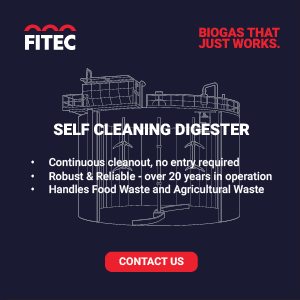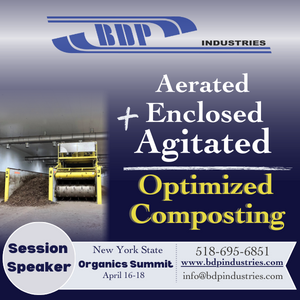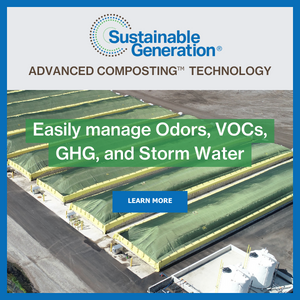BioCycle June 2010, Vol. 51, No. 6, p. 122
THE 2nd Edition of The Practical Guide To Compost Marketing And Sales by Ron Alexander of R. Alexander Associates, Inc. was published by BioCycle in April 2010. Chapters include: The Product-Compost; Compost Marketing; Market Planning; Compost Marketing Business Structure; Compost Sales; Compost Sales By Market Segment (e.g., agriculture; erosion and sediment control; landscapers; landscape architects; turf; wholesale nurseries); and Marketing Systems And Programs. Additional resources and sales tips are in the Appendices. In addition to a new design and organization of information, the second edition includes case studies on soil blending and golf course root zone trials. The Practical Guide To Compost Marketing And Sales can be purchased ($75 plus shipping/handling) on the BioCycle website – www.biocycle.net – or by calling 610-967-4135, ext. 21.
The following is an excerpt from The Practical Guide’s chapter on Compost Sales, in a section titled “Dealing With Common Objections”:
Learning to deal with common objections is one of the most important skills a compost sales person must master. Unfortunately, many sales people also see it as the most intimidating aspect of sales. Some of the common objections deal with why a prospect should use compost as a replacement for what they are currently using, whether it is a different producer’s compost or another soil amendment. In this scenario, it is imperative for compost salespeople to understand both their own product and their competitors so they can point out the differences. Below are examples of some common objections by landscapers, and potential rebuttals or responses to them.
SCENARIO:
LANDSCAPER IS THE PROSPECT
Objection:
1. Why do I need it? (I don’t use soil amendments)
Responses
a. It will help the plants establish faster (better manage water, nutrients, disease)
b. It’s an insurance policy to reduce plant loss. It will allow for improved establishment and long-term plant growth
c. Less plants die when it is used, and it’s easier to maintain plants when you fix the soil
Objection:
2. I don’t know how to use it.
Responses
a. Not a problem, I can show you how.
b. We will provide instructional literature and technical guidance.
c. I can go to the project site and work with your staff, if necessary; we have a lot of experience in these applications
Objection:
3. How do I know that it will work? Can you prove the benefits?
Responses
a. When used correctly, it always works. I can have you call some of my other customers if you’d like to; they’ll confirm how well it works.
b. There is great research illustrating compost’s benefits in that application.
c. I can show you projects where it has already worked (case studies done by others). Name-drop other well-known customers, if appropriate.
From the article: Compost Sales Tips To Meet Current Market Conditions










